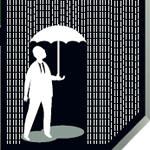
It's time to take control of what you are spending on shipping costs. Since 2006, Baltimore County Public Schools (BCPS) has saved our taxpayers over $1 million negotiating our own transportation contracts.
There has to be a way in which school takeovers would be more effective.
Preparing and empowering school employees for more effective visitor screening.
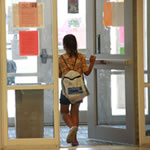
Keys to effective and practical school security assessments.
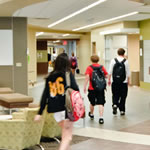
Cost-effective and efficient maintenance and housekeeping operations begin at the programming and design stages of residence hall construction projects.
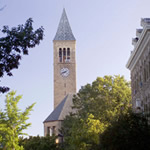
School administrators walk a tightrope, balancing their desire for a green campus with the need for an acceptable ROI. Here are three examples of how campuses strike that balance — or, in one case, not worry about it at all.
Green, CHIPS, LEED, net zero, carbon neutral — what does it all mean?
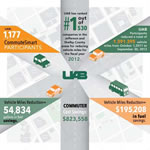
The University of Alabama at Birmingham ranks high in ride-sharing.

Whether it's mow and blow or a little more complicated, landscapes demand constant attention. Grounds professionals speak up about what it takes to stay in the green.